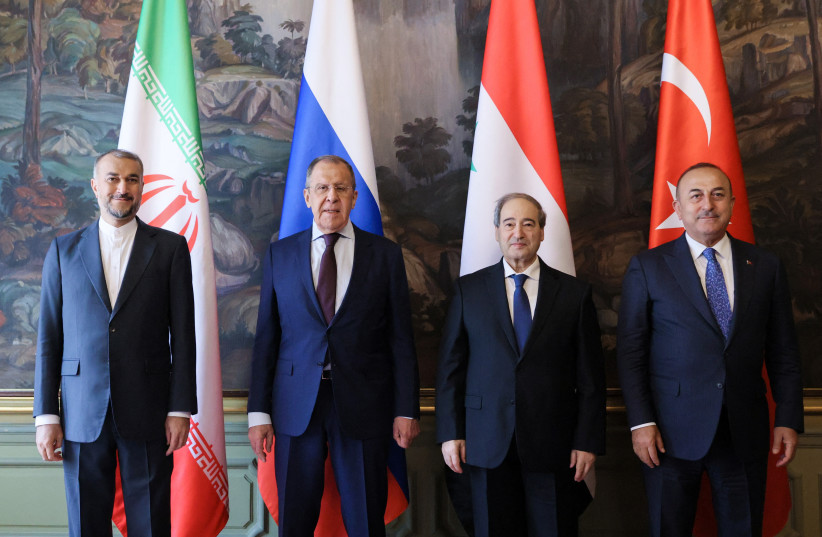Syrian regime leader Bashar al-Assad landed in China on September 21. The visit, which was announced a week ago, is a historic and important trip for Damascus. Syria has had a civil war since 2011 that destroyed swaths of the country. The regime still only controls a part of Syria. Turkey occupies northern Syria and the US-backed SDF control eastern Syria. Iran and Russia back the Syrian regime. Iran exploits Syria to entrench militias and threaten Israel.
The Syria-China connection is important because it could mean new investment for Damascus. Syria has recently returned to the Arab League and is trying to use diplomacy in the Middle East to gain new support. The outreach to China is of the utmost importance for the Assad regime.
This is a big trip in terms of showcasing the fact the regime can conduct diplomacy far from home. Up until now the regime was mostly isolated, meeting with with the Russians or Iranians, or sometimes with Gulf leaders. It didn’t have much traction outside the Middle East. As such this trip to China is a symbol of its role in Asia and a potential new phase for Damascus.
What will Assad be doing in China?
China's foreign ministry said Assad would attend the opening ceremony of the Asian Games on Saturday in the eastern Chinese city of Hangzhou, according to Le Monde. In addition it appears China could play a role in reconstruction in Syria. China is part of BRICS, SCO and other important groups of countries. It could harness that to help Syria and also expect Syria to be part of the Belt and Road Initiative. The Syrian president’s office said that Chinese President Xi Jinping had invited Assad.

Assad was last in China in 2004, when he was much younger and the country was then on a trajectory trying to become more pro-western. However, the regime cracked down on dissent and chose Russia and Iran as its models, rather than shifting its attitude.
